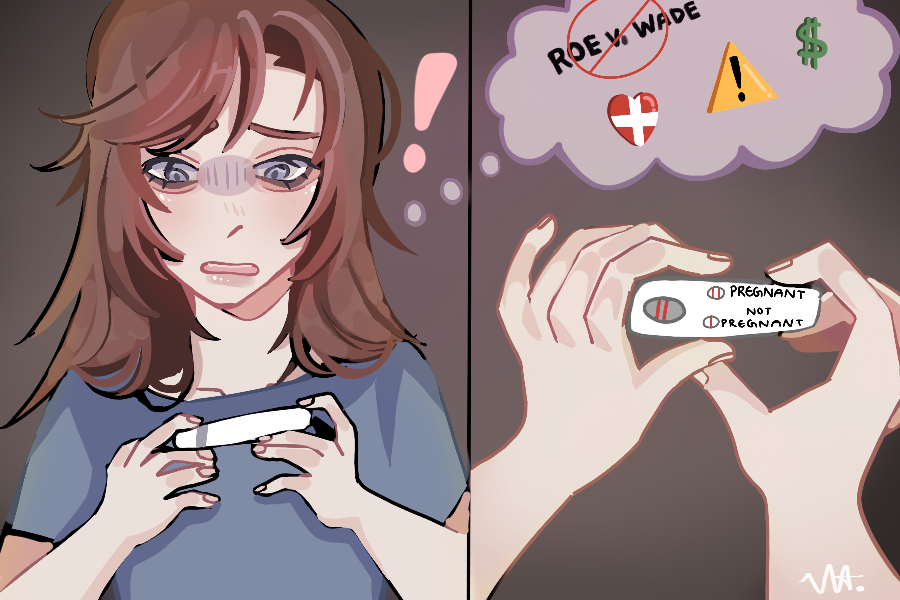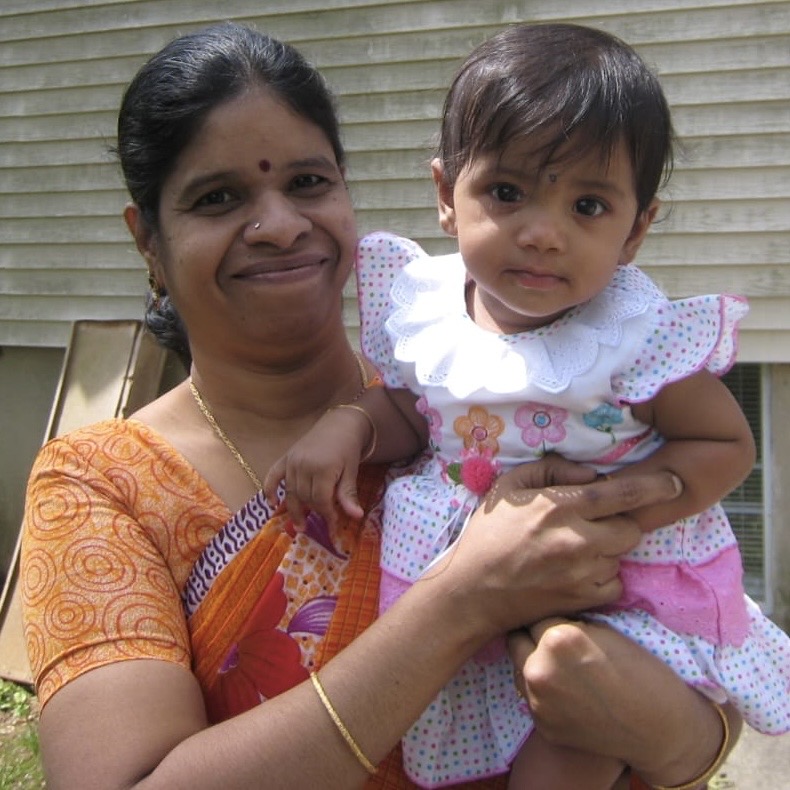Growing up, I believed the United States had equal rights and freedom for everyone, including women. But, how can a country built on such strong principles take away the freedom and rights women have over their own bodies? This isn’t a matter of politics but a matter of health.
Supreme Court case Roe v. Wade was argued on Dec. 13, 1971, right here, in Dallas. On Jan. 22, 1973, every woman in the United States won the right to end their pregnancy.
On Friday, June 24, 2022, in Washington D.C, Los Angeles, New York City and almost every major city in the country, thousands marched to protest against the overturning of Roe v. Wade.
However, in 2022, Roe v. Wade was overturned, resulting in women across the country losing federal protections over reproductive rights.
Now that Roe v. Wade cannot protect reproductive rights in the national lens, states are given control over whether women in their state are allowed to get abortions. Currently, 41 states have bans on abortions, with 13 having total bans and 28 having bans based on duration. Leaving women, across the majority of the states in the country, helpless in the face of an unwanted pregnancy. Texas is among the 13 states that have a total abortion ban.
The abortion ban is not stopping abortions in general; it is only stopping legal, safe abortions. Many women still find ways to have abortions, however by very risky and expensive means.
Many argue abortion is murder, claiming a fetus is a human being. However, in the earlier stages of a pregnancy, the best way to describe an embryo or fetus is a fertilized egg. A fetus does not gain consciousness until it is 30-35 weeks into the pregnancy. and their organs are still in the development process during the first trimester, at this point, it can be classified as a potential life.
However, the woman who would be giving birth to this potential life has an actual life. They have a consciousness, emotions and responsibilities that any human would have. Giving birth could be a huge change to this woman’s life. It could permanently alter their body, financial situation, health, education, social life and emotional state. Why shouldn’t the woman who knows what is best for her and the potential life she is carrying be able to make this decision?
Aside from the woman being able to decide what is best for themselves, many conditions deem an abortion necessary. If giving birth could be a threat to the woman’s life or health, they should be allowed to get an abortion.
There are many cases such as rape and incest — in which the women must conceive their attacker’s child, financial instability and underage pregnancies — where women who can’t even support themselves must carry through with the costs of medical treatment.
Fortunately, in all states that have an abortion ban, there is an exception if giving birth is life-threatening. However, this is not the case for the rest of the situations. In Texas, there is no exception to the abortion ban for rape, incest, threats to the woman’s health or a case in which the fetus is likely to die when conceived.
Giving every citizen protection of their reproductive rights protects women in unstable financial situations, rape and incest victims, children who are not ready to be mothers and women with health issues. It is not morally correct to force these people to conceive a child; it’s not that easy to go through with the pregnancy process. Instead of looking at the fetus which has the potential to become a life, we must look at the woman who has lived a life and has much more ahead of her.
Follow @CHSCampusNews on X.











